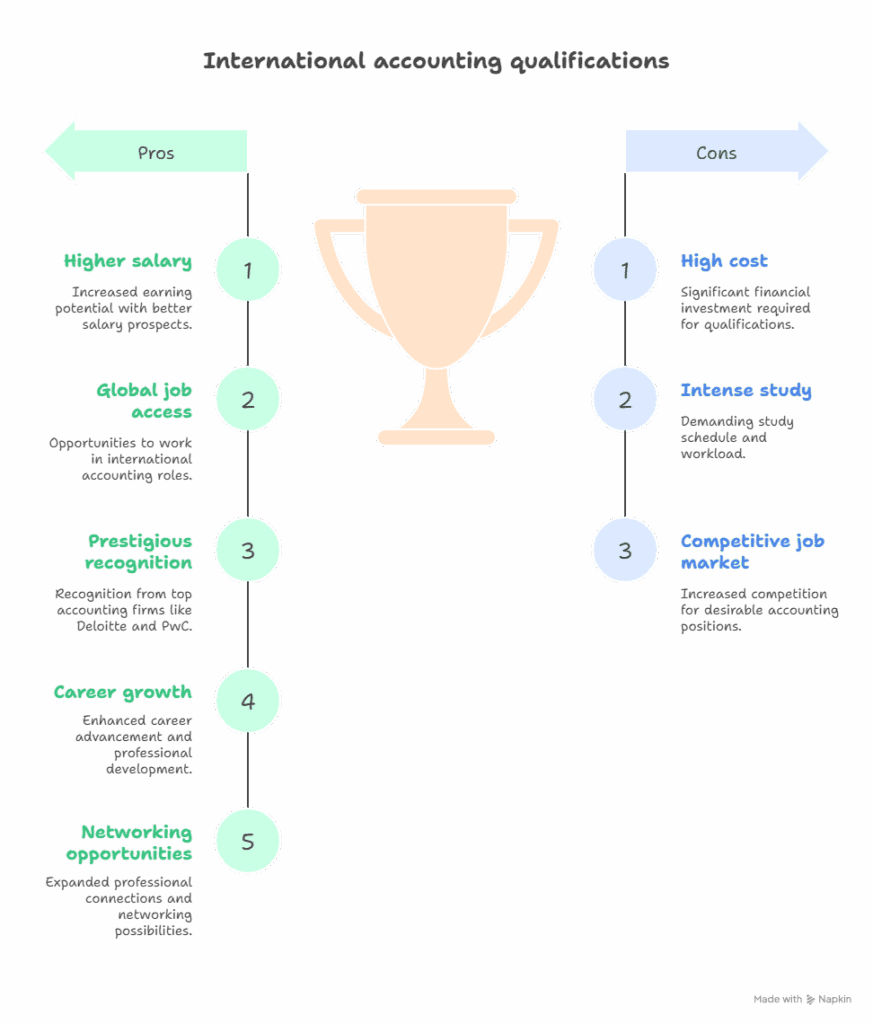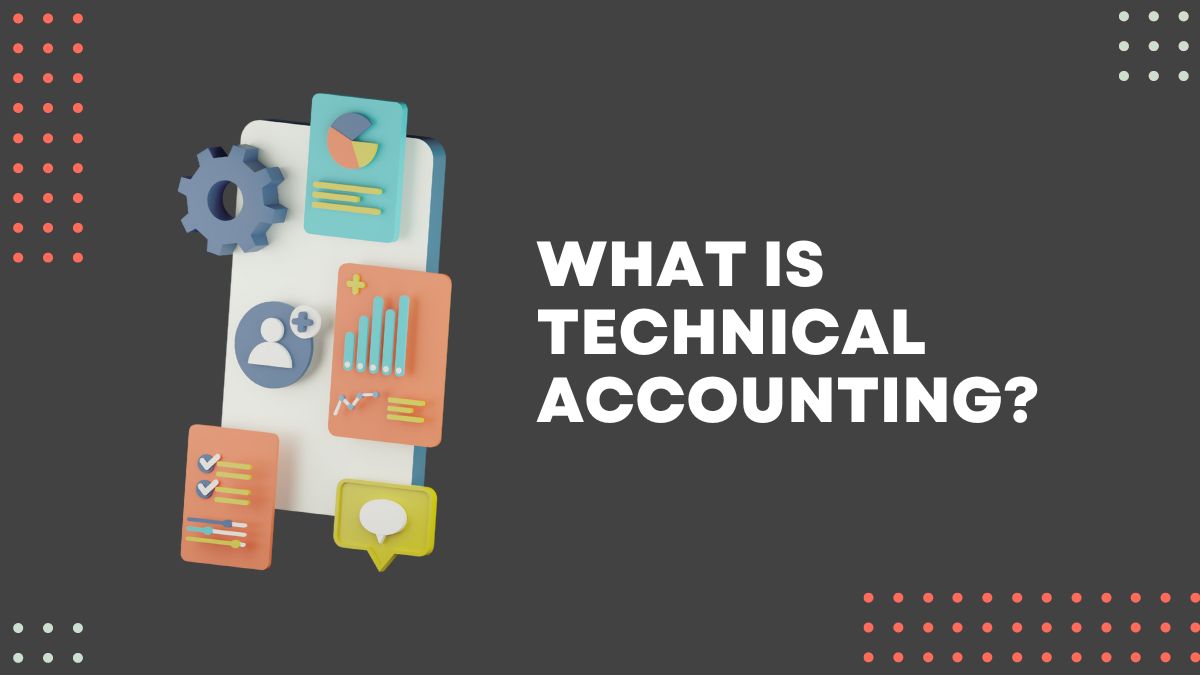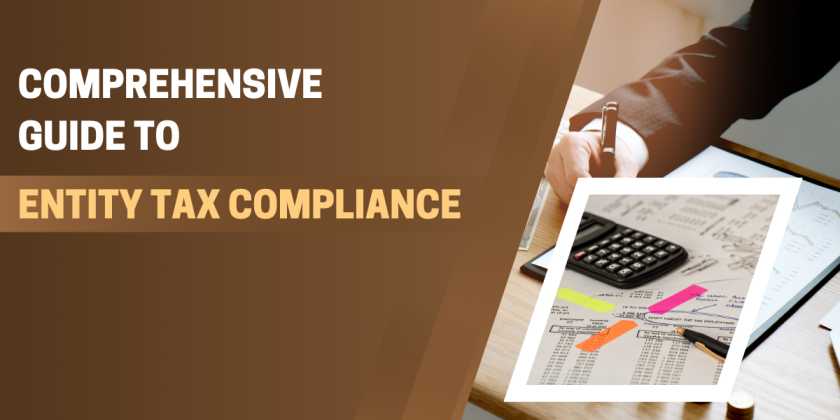Are You Struggling to Find the Right Accounting Path After Graduation?
Many commerce graduates in India hit a wall after their B.Com. The competition is stiff, jobs don’t pay enough, and international opportunities feel out of reach. If this sounds familiar, you’re not alone. The good news?
A CPA course could be the stepping stone you need. It’s not just a certification, it’s a global passport to roles in multinational firms, top consulting giants, and financial powerhouses.
Why the CPA Course is Important for Indian Finance Aspirants?
Certified Public Accountant certification often tops the list is a globally recognised and opens doors to some of the most respected names in the industry, including the Big 4. With a CPA course, you’re not just another job-seeker. You’re a specialist.
Certified Public Accountant (CPA) refers to qualified accountants in many English-speaking countries. CPA (Certified Public Accountant) course establishes a strong foundation on every individual who wants to pursue a career in international accounting and finance.
The qualification is offered by the institute of accountants (AICPA) and its certifications have international recognition. It provides you with opportunities to work in multinational organisations and the best world firms, such as the Big Four.
Why the CPA Course is So Worthwhile?
- Awarded the Worldwide Status
The title CPA is valuable in lots of the countries. It enables you to look at cross border career opportunities easily.
- Assist You To Professionalise Yourself
By being issued a CPA, it displays your abilities in accounting, auditing, tax, and financial reporting. Jobs in the field of CPAs are mostly senior and leadership positions in many firms.
- Increased number of jobs to choose.
Large companies, top accounting firms, and even government departments go on outlooks to get CPAs. The course will make you shine.
- Develops Good Competencies
The rules of accounting are taught, the principles of analysing finances are taught, and legal and regulatory systems are learned. This gets you ready for challenges in the real world.
- Increased Wage Opportunities
In most occasions the number of the CPA that beats the non-certified ones in terms of earnings are more. The contribution you make to an organisation is what you are paid for.
- Careers Choices
CPAs operate in various fields such as audit, taxes, consultation, or reporting. You will have the opportunity to select the way that is interesting to you.
CPA Exam Preparation Tips That Actually Work
According to PayScale data, Certified Public Accountants (CPAs) in India typically earn an average salary of around ₹6.9 lakh per annum.
Here’s how this course helps:
- Structured learning plans
- Access to exclusive Surgent learning tools
- Continuous assessment with feedback
These methods have helped many Indian students ace the CPA exam. The focus isn’t on rote memorisation, but on mastering the concepts in manageable steps.
Global demand for certified accountants is growing. In fact, more students from Tier 2 cities are enrolling for international accounting qualifications than ever before.
The reasons are clear:
- Better salary prospects
- Access to global jobs
- Recognition from companies like Deloitte, EY, and PwC
The Certified Public Accountant certification isn’t just for those aiming to go abroad. Many MNCs with offices in India actively hire CPAs to manage their financial operations.

Accounting Career Growth After Completing the CPA Course
Let’s talk results.
After completing the CPA course, you become eligible for roles that previously seemed out of reach:
- Financial Analyst at MNCs
- Auditor roles in Big 4 firms
- Advisory and consulting positions globally
This is the path many Indian students have followed from mid-level jobs to international placements, thanks to the Certified Public Accountant certification.
You don’t just learn from videos. You interact with mentors actual CPAs and CAs who’ve been in your shoes. This format brings immediate clarity to complex topics. You also get 24×7 support for doubts and exam-related questions.
When you’re stuck with revenue recognition or audit sampling, a real mentor can explain it in a way books never could.
Soft Skills and Interviews: Why CPA Students Need This Too
It’s not just about passing exams. Most students lose out in interviews. Imarticus Leraning offers one-on-one mentoring to prep you for real interviews.
This includes:
- Mock interviews
- Feedback from HR professionals
- CV improvement workshops
This end-to-end system makes the CPA course much more than academic coaching.
Who Should Join This CPA Course?
- B.Com graduates aiming for global roles
- CA students looking to add international credentials
- Working professionals in finance wanting a career switch
If you’re aiming for finance professional courses that guarantee career movement, this one deserves a place on your shortlist.
That means you stay ahead always.
This explains why the Certified Public Accountant certification remains a top choice for students wanting faster accounting career growth.
Imarticus Learning x KPMG in India: A Global Alliance for Your Career
This collaboration isn’t theoretical. It’s real-world ready.
When you enrol in the US CPA course with Imarticus Learning, here’s what you get:
- A joint certificate by KPMG in India and Imarticus Learning
- Monthly webinars on current accounting trends
- Learning materials built for international accounting qualifications
- Internships to apply concepts in live scenarios
This approach ensures you aren’t just passing exams you’re growing your practical accounting skills. The programme structure at Imarticus Learning is designed with an edge. It doesn’t stop at theory. It builds your confidence through:
- Real-life, industry-backed case studies
- Dual-teacher mentoring for continuous support
- Interview preparation and soft skills training
For any finance student serious about a long-term accounting career growth, this level of support can make the difference between getting a job and building a career.
| Feature | Imarticus Learning CPA Course | Traditional Coaching Institutes |
| Industry Partnership | Yes: KPMG in India | No industry tie-ups |
| Internship Support | Included in the curriculum | Usually not offered |
| Certification | Joint certification with KPMG in India | Only a coaching certificate |
| Webinars and Live Sessions | 12 per year by KPMG experts | None or limited |
| Tailored Learning Materials | Yes: For CPA, CFA, US CMA, ACCA | Generalised materials |
This structure directly supports your success in real-world finance jobs.
Know more about the Certified Public Accountant Course by Imarticus Learning here
Frequently Asked Questions
1. What is the US CPA course, and who should take it?
The US CPA course (Certified Public Accountant) is ideal for anyone looking to build a global career in accounting and finance.
2. What are some suggestions for preparing for the CPA exam?
Yes. Maintain a systematic study schedule, review, practise mock exams, and study handpicked materials. Joining a trusted institute like Imarticus Learning can also give you expert-led CPA exam preparation tips and mentoring.
3. Can I take the CPA course while working full-time?
Absolutely. Many working professionals choose the CPA course to upskill. It is available with flexible learning provisions, and as such, one can study even as you keep working.
4. What can I do as a CPA?
After completing the Certified Public Accountant certification, you can work in auditing, tax advisory, consulting, or financial analysis. The positions are usually accompanied by increased compensation and global presence.
5. How is this different from other finance professional courses?
Unlike general finance professional courses, the CPA course is globally recognised and more focused on accounting, regulatory standards, and reporting. It equips you to be a leader in the home country (India) as well as internationally.
6. Is the Certified Public Accountant certification recognised in India?
Yes, the Certified Public Accountant certification gives Indian professionals an advantage in becoming fit to hold international positions in the Big Four and international firms.
Conclusion
Are you ready to stop waiting for the right job and start building the right skills?
With the CPA course at Imarticus Learning, your journey from India to a global accounting desk is closer than you think.
Join Now. Build Your Global Finance Career with Imarticus Learning!







